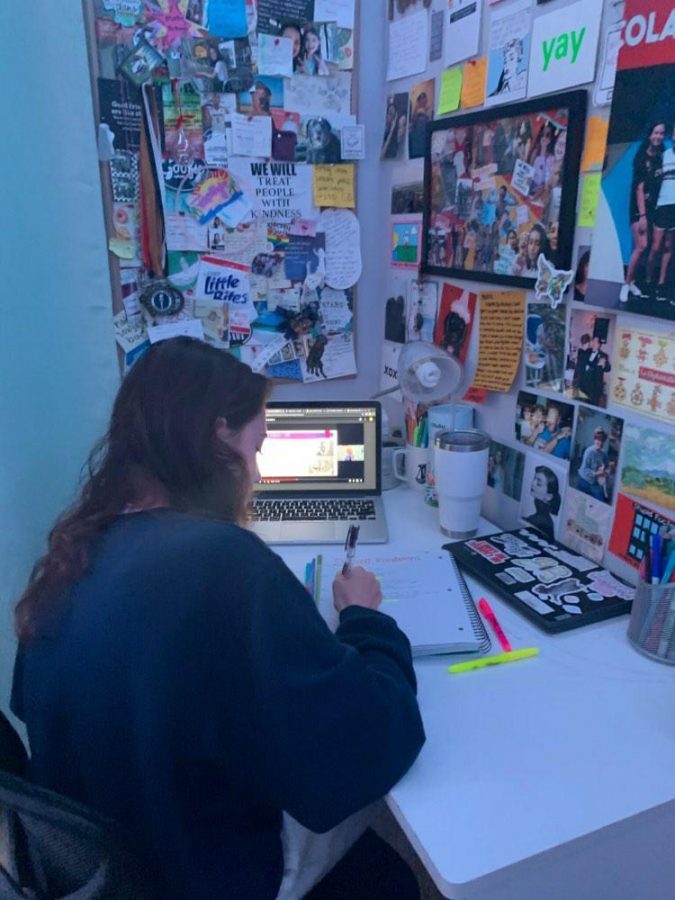Teenagers Stuck At Home
What are adolescents around the globe experiencing while being stuck in quarantine?
Being stuck at home these past few months hasn’t necessarily been fun for anyone. For pre-teens and teenagers especially, it is particularly tricky not being able to go out and see friends. Although children aren’t as high-risk for COVID-19, the pandemic took a huge toll on their everyday lives.
Quarantine closed down much of normal life, but kids continue to grow and develop no matter what is happening in the world. The director of the John Hopkins Center for Adolescent Health, Tamar Mendelson, joined Master of Public Health and Master of Business Administration student, Samuel Volkin, to discuss the effects COVID-19 has on adolescents, and what parents can do to help.
“Teenagers are at the stage in life when they are very invested in social connections and in separating from their parents,” said Mendelson. “So, COVID-19 social distancing requirements have a different emotional impact on them than on adults. Depending on their age and developmental stage, some adolescents may have a hard time understanding what the pandemic really means and how it impacts their world.”
As a result of COVID-19, social events were either postponed or cancelled completely. This would include sports, parties, in-person hangouts with friends, and school. Missing out on what is referred to as “the teenage experience,” leaves teenagers bored and aggressive. Distance learning could also be a reason for boredom and aggression.
In a webinar from the Society for Research on Adolescence, developmental psychologist, Nancy Hill, detected that schools provide teenagers with their own space to be independent, think, experiment, and socialize with peers. School is sometimes the biggest outlet for teenagers to explore their creativity. During this global pandemic, teenagers’ development and wellbeing are becoming more affected, and not in the most positive way.
CNN sat down with psychologist, Lisa Damour, to discuss what she thinks parents can do to help during this difficult time for their children. Damour emphasized that a great way for teenagers to channel all of the built-up emotions at home is simply by taking some time for themselves. “It’s incredibly conscientious self-care,” said Damour. “Getting lots of sleep, being physically active, eating well, finding happy distractions. Find things that are really enjoyable and let kids take a mental vacation from the pandemic.”


